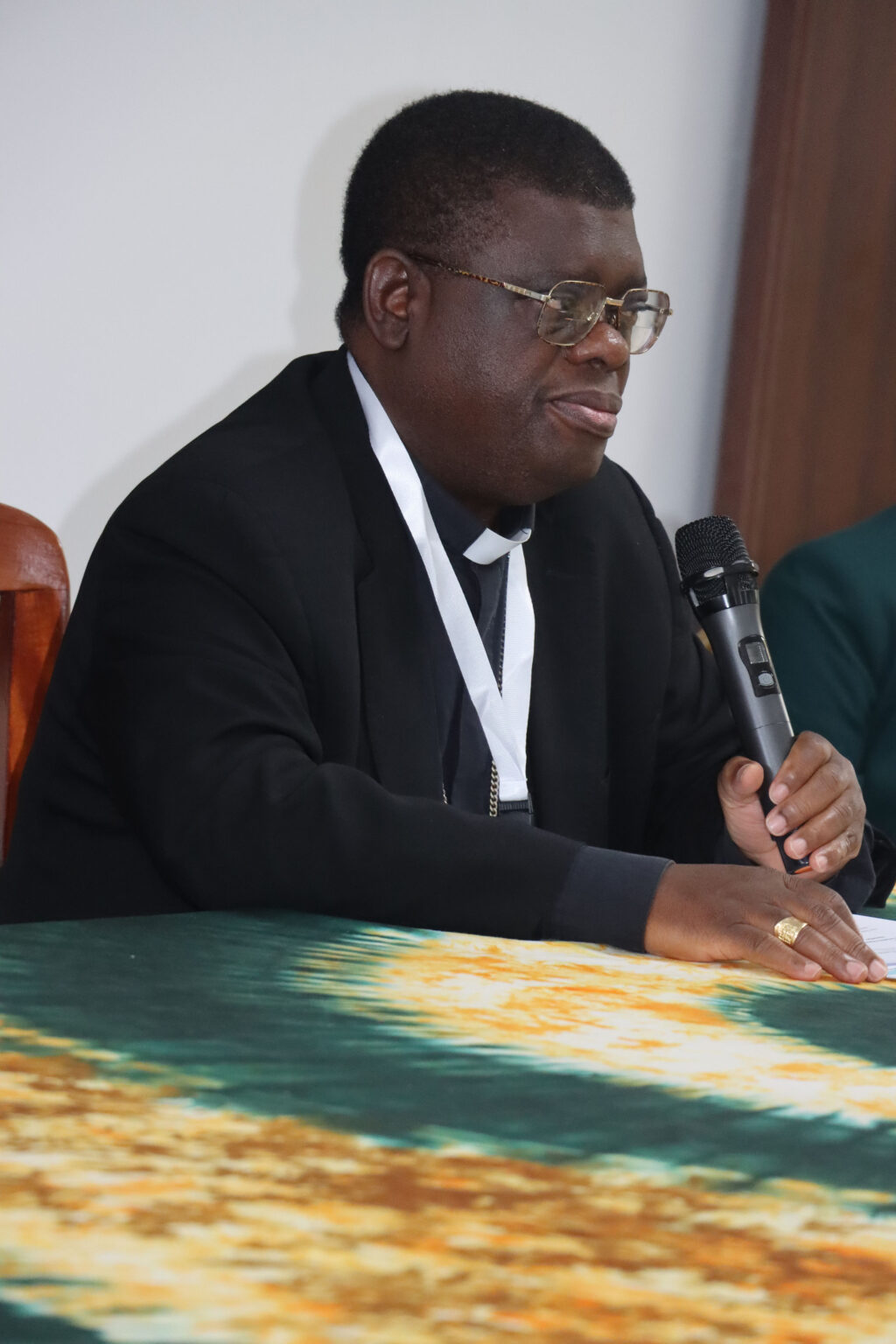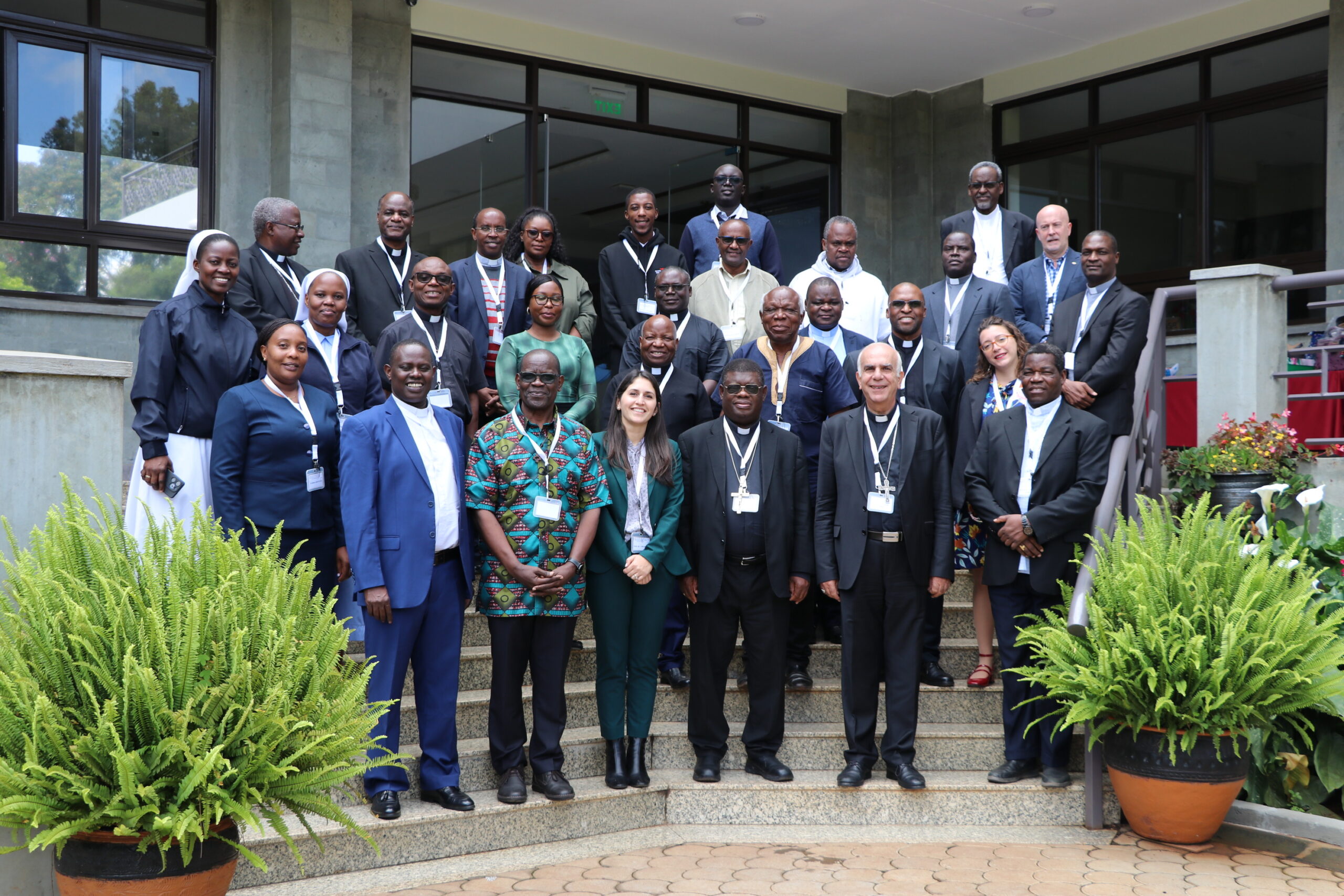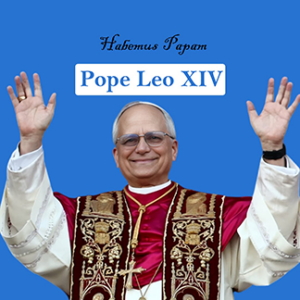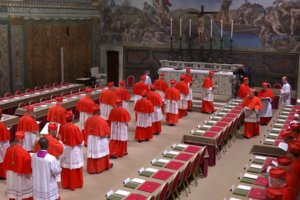AMECEA: Bishop Kasonde Emphasizes Moral, Spiritual Dimensions in Integral Human Development

AMECEA Chairman Bishop Charles Kasonde
By Magdalene Kahiu
The Chairman of the Association Member Episcopal Conference in Eastern Africa (AMECEA) and Bishop of Zambia’s Solwezi Diocese has emphasized the need to integrate economic, social, moral, and spiritual aspects in matters of Integral Human Development (IHD).
In his opening remarks at the November 27 to 30 Stakeholders’ conference for AMECEA’s Department for Promoting Integral Human Development (PIHD) and the Vatican’s Dicastery for PIHD in Nairobi, Kenya, Bishop Charles Sampa Kasonde said the aspects can be met by ensuring the principles of the common good, solidarity, inclusivity, subsidiarity, sustainability, and environmental stewardship, and the preferential option for the poor are adhered to.
“The strength of the Church’s perspective on IHD lies in its comprehensive approach that integrates economic, social, moral, and spiritual dimensions of human growth, aiming for a world where justice, peace, and the common good flourish,” Bishop Kasonde said November 28.

He noted that at the core of IHD is the belief that everyone is made in the image of God, and “has inherent dignity that must be respected.”
For this reason, the Bishop said human dignity “is the foundation upon which all development efforts must be built, ensuring that growth and progress are measured not just in material terms but also in how they uplift human worth.”
Bishop Kasonde added that IHD must have inclusive approaches that support those at the margins.
“True development requires everyone to benefit,” he said, adding that “special attention” must be given to the vulnerable and poor members of society who are often excluded from the benefits of economic growth and social progress.
He added that development models should ensure that political, social, and economic structures serve the good of all people, not just a privileged few.
The Zambian Bishop insisted on the need to ensure the moral and spiritual growth of communities and individuals in development.
“As opposed to Non-Governmental Organizations (NGOs), the Church’s teachings emphasize that material progress alone is insufficient,” he said during the event that was also attended by representatives of the Catholic Agency for Overseas Development (CAFOD), Catholic Relief Service (CRS), Laudato Si’ Movement and the Catholic Youth Network for Environmental Sustainability in Africa (CYNESA).
Giving his opening remarks at the meeting held at Donum Dei Roussel House, AMECEA Deputy Secretary General, Fr. Andrew Kaufa, thanked partners for their continued support.
Fr. Kaufa also appreciated the collaboration that Secretariat members enjoy while visiting different member nations.


